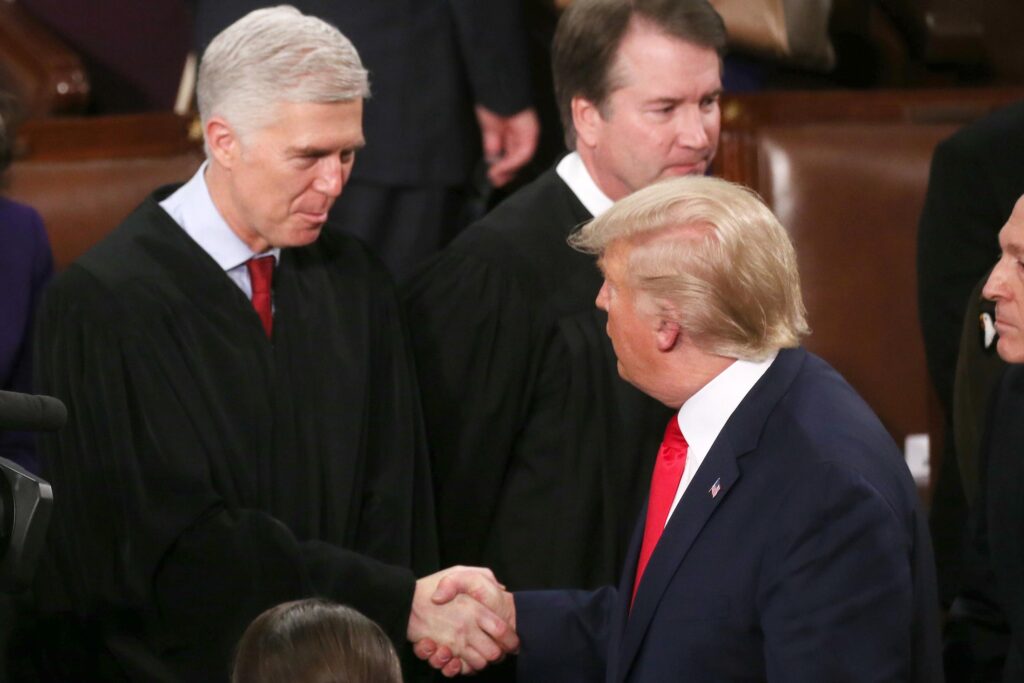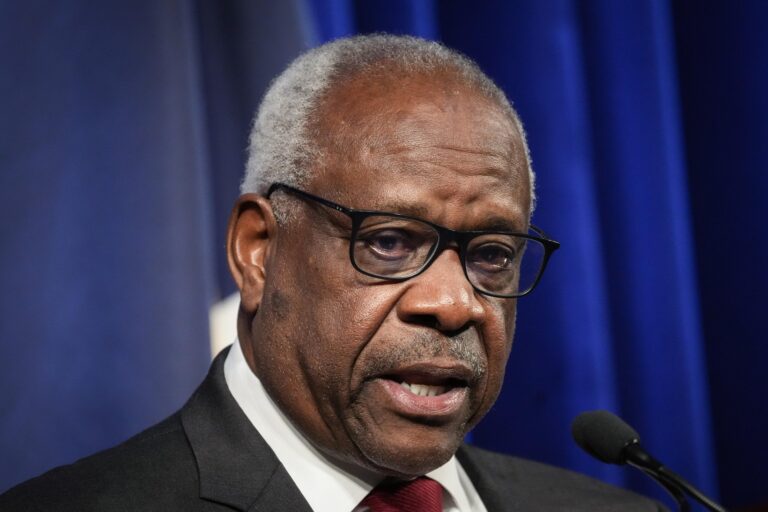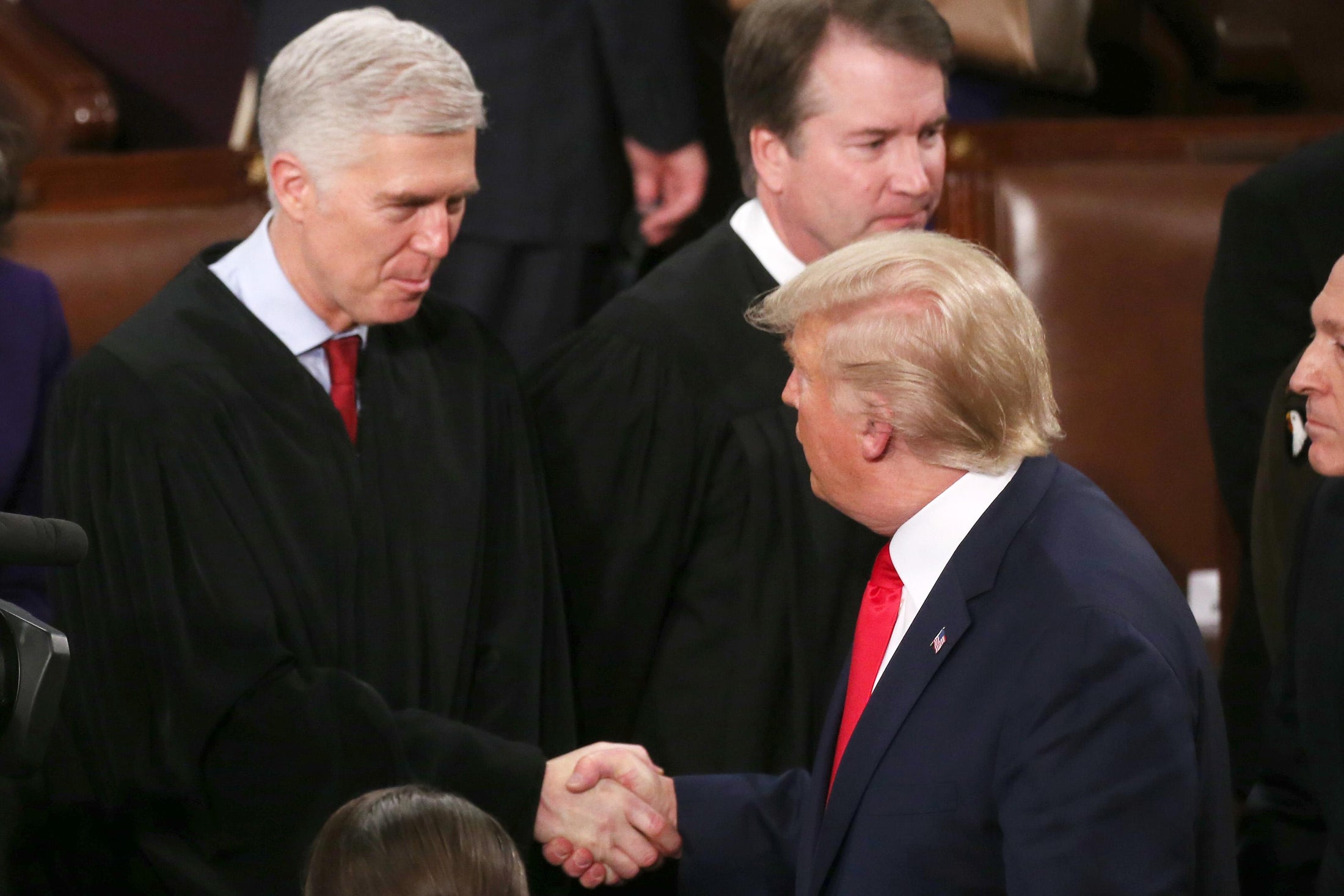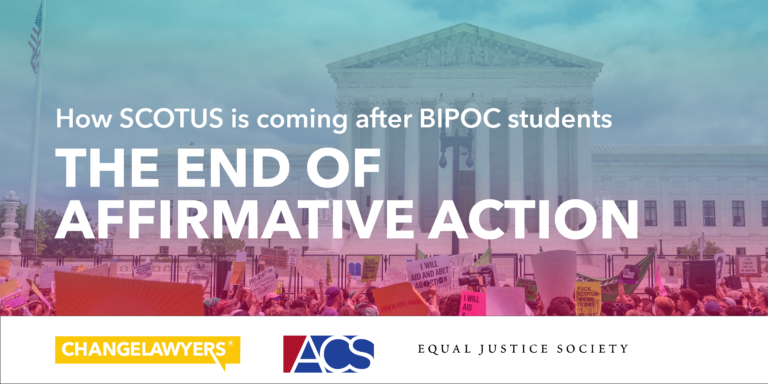SCOTUS has no reason to destroy affirmative action. They’re doing it anyways.
Speaking Of...

Oral arguments in a pair of much-anticipated cases about the future of affirmative action sprawled over almost six hours on Monday, yet the outcome was obvious within the first 30 minutes: The Supreme Court’s conservative supermajority appears poised to overturn almost 50 years of precedent and outlaw race-conscious admissions at institutions of higher education. One case—arising from the University of North Carolina’s affirmative action program—was argued over two and a half hours. The second, a challenge to Harvard’s program, took up the better part of the afternoon. These arguments suggested that six justices will deem affirmative action to be unconstitutional chiefly because the effort to promote diversity in education has reached its sell-by date.
What was perhaps most remarkable in these largely predictable arguments was how much time the conservative justices devoted to pure policy arguments. These justices dislike affirmative action for a whole lot of deep emotional reasons that, it turns out, have nothing to do with the Constitution. They barely even considered the meaning of the 14th Amendment until Justice Elena Kagan finally brought it to their attention two and a half hours into the UNC arguments. Kagan, along with Justices Ketanji Brown Jackson and Sonia Sotomayor, was vastly more interested in the history of the Constitution’s equal protection clause than their ostensibly originalist colleagues. If and when the supermajority does eradicate race-conscious admissions, everyone will be able to weigh the strength of their arguments. But no one should pretend the decision was remotely rooted in actual law.
Read the story on Slate
Federal judge calls Clarance Thomas’ bluff
More Of This

Federal judges are not historians, but they are increasingly obligated to play them on the bench. In his Bruen decision last June, Justice Clarence Thomas ordered courts to assess the constitutionality of modern-day gun restrictions by searching for “historical analogues” from 1791, when the Second Amendment was ratified. Ever since, judges have struggled mightily with this task—in part because most have no training in real historical analysis, but also because the record is often spotty and contradictory. In light of Bruen’s maximalist language, they have erred on the side of gun owners, finding a constitutional right to buy a gun while under indictment for a violent crime, to carry a gun into airports, and to scratch out the serial number on a firearm, rendering it untraceable.
In each case, both sides presented a few scraps of historical evidence to support their positions. Judges based their decisions on those scraps without further research, following Thomas’ suggestion that they rely on “the historical record compiled by the parties.” Last Thursday, Judge Carlton Reeves of the Southern District of Mississippi charted a different course: He proposed appointing a historian to help him “identify and sift through authoritative sources on founding-era firearms restrictions” to decide the constitutionality of a federal law barring felons from possessing firearms. His proposal is the first positive development in Second Amendment law since the Bruen revolution. At worst, it will demonstrate the absurdity and impossibility of Thomas’ command. At best, it will restore sanity to an area of jurisprudence that is going completely off the rails.
Read the story on Slate
I’m a teacher. Anti-LGBTQ laws are making my job impossible.
Less Of This

Abigail McLeod is a public school teacher who strives for more equity in education.
As a sixth-grade public school teacher in Florida, I’ve come to expect the worst from Gov. Ron DeSantis and his Department of Education. The governor’s “Don’t Say Gay” bill put a target on the back of LGBTQ students and teachers: It outlaws “classroom instruction” on sexual orientation or gender identity (whatever that is) in grades K-3 and severely limits it in grades 4-12. That was bad enough. But this fall, the situation got worse. Previously, if a parent accused us of violating the Don’t Say Gay law, they could sue the school district. Now the Department of Education has declared that teachers who violate the law will lose our educator’s certificate. That means losing our jobs.
And that’s not all. Another new rule forces schools to notify parents about any bathrooms that aren’t separated by sex assigned at birth. This policy will out kids by informing parents if there is a trans student using the bathroom that aligns with their gender identity. A third rule requires classroom libraries to be cataloged in a searchable database so parents will know every book that is available. While this may sound innocuous, it is not in a state with one of the highest rates of public school library books banned in the country.
Read the story on Slate










